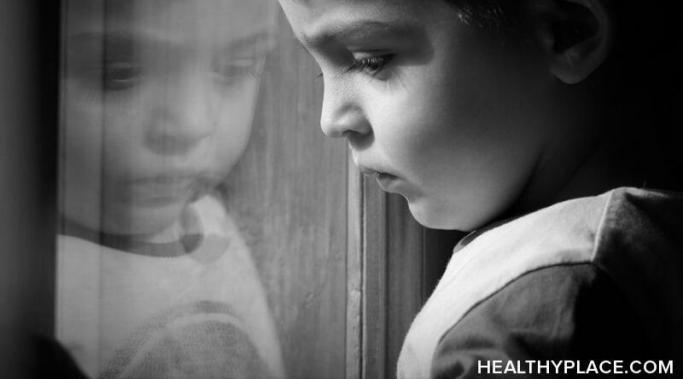My mother inspires me. Don't get me wrong -- both of my parents are great. They have both been very supportive of me my whole life, including during my first and only psychotic break and my diagnosis of schizophrenia and then schizoaffective disorder, bipolar type. But in this article, I am going to focus on how my mother inspires me.
Living with Schizophrenia
After a major psychotic break, returning to work can be a daunting prospect. For me, learning to manage paranoia effectively enough to interact well with others and complete tasks efficiently took a significant length of time. Following my hospitalization in late 2017, I planned to return to work as a physician assistant within a few months. Then I planned to change specialties and return within a year. I didn’t have a plan at all when I realized that my return to practicing medicine needed to be put on hold indefinitely due to my symptoms of schizophrenia. That’s when my wife advised we think outside the box.
Stress majorly affects my schizophrenia. Looking back on my history of mental illness, it is clear that stress precipitated each of my psychotic breaks. Despite the ups and downs of my recovery, I see vast improvement from my last hospitalization. One area stands out as a persistent weakness, though: dealing with the effects stress has on my schizophrenia.
Even though March is a hard time of year for my schizoaffective disorder, I am focusing on learning to love myself. Besides, I also tend to benefit from taking on new projects. After all, it is seven years ago this March that I quit smoking. So, this spring, I’m taking on the project of self-compassion. And learning to love myself is proving to be more difficult than I first thought it would be.
I avoided living in the moment for a very long time. Years of my life flashed before my eyes, and I barely took notice. I was so intent on achievement that I never stopped to appreciate what it was to simply be alive. For me, living with schizophrenia means frequent imprisonment in a world that constantly seems to be spiraling out of control. Now, however, I’m learning to combat this feeling: I’m learning to live in the moment.
Negative symptoms of schizophrenia offer a harsh reality for me. I noticed a change in my ability to feel emotion shortly after I began exhibiting symptoms of schizophrenia but long before formal diagnosis. I was well acquainted with feelings of depression and anxiety related to surviving child sexual abuse, but this was different. I lost interest in activities I formerly enjoyed, I no longer felt like associating with others and I felt a tremendous sense of indifference towards life in general. I was experiencing negative symptoms of schizophrenia.
Focusing on success in our lives is difficult because it is so easy to focus on failure when dealing with a mental illness such as schizophrenia. In fact, it is easy to focus on failure in life in general. I’ve experienced many failures recently. My wife and I bought an antiquated farmhouse in December and we hoped to have several rooms renovated by now. Instead, we are still working on demolition and cleanup as we endured a number of setbacks, and I continue to struggle with low energy and crushing anxiety.
My schizoaffective anxiety makes me overthink simple tasks. I mean everything. And “overthink” is an understatement. I obsess about the worst case scenario of almost all the things I do—washing my hair, doing the laundry, and driving in the rain are all this way. This is called “catastrophizing.” My mind makes a catastrophe out of the simplest plans and tasks. It’s very hard to live this way.
I survived sexual abuse as a child, but did it contribute to my later diagnosis of schizophrenia? Research suggests a possible link between psychotic disorders and childhood trauma, but the exact nature of this link remains unclear. The significant impact of child sex abuse on my life, however, is indisputable.
I was not surprised by my schizophrenia diagnosis. I realized that I was likely suffering from psychosis six weeks prior to my schizophrenia diagnosis when the symptoms of a patient alerted me to the nature of my own illness. I engaged in a bit of quick research on the subject and inadvertently ensnared myself in a psychotic delusion: I could not tell anyone that I was suffering from psychosis. In my mind, my employer and the government were closely monitoring my Internet history and would determine that I was a fraud. That was the first time I felt like a fraud. It wouldn't be the last.









